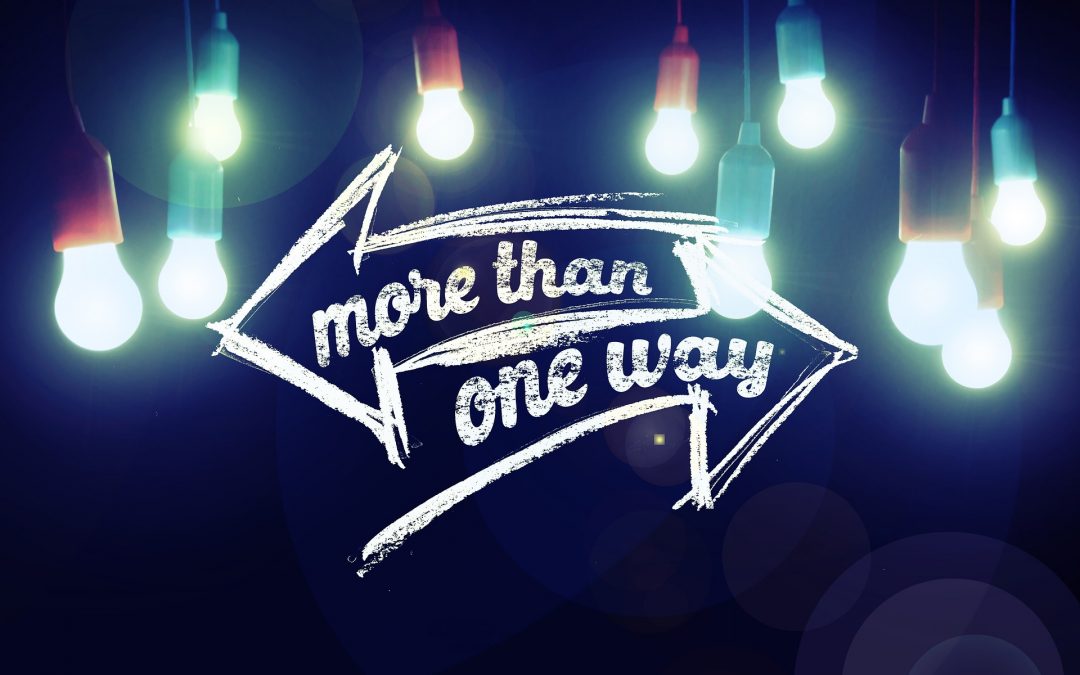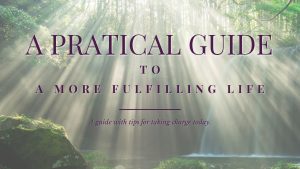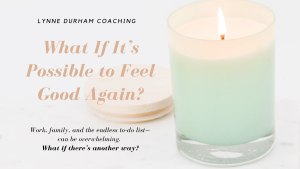Have you ever questioned a decision after making it, and to be honest, who hasn’t?
Or, maybe you just aren’t making decisions, because that is a thing too, isn’t it?
What is it about deciding that gets us all worked up?
I have found that more and more people are resisting making decisions, and then when they do, finally make a decision, they always worry and question themselves.
- Was that right?
- Am I doing the right thing?
- Do I really need this?
This is roadblock #5 Decision-making
I’m talking about the confusion generated from taking action, and this is the basis for Roadblock # 5
My clients talk to me about resistance to taking action every day.
It’s a part of being human.
It seems we have the impression that if we make a wrong choice, it will be a mistake, a tragedy, distressing, or worse (is there worse than tragedy?) a FAILURE!
We think that we can fail.
Notice the important word in the previous statement; THINK
Did you know, not making a choice or a decision means NOT taking action, and that is a version of failing ahead of time.
Not taking action or fretting over an action taken is a learned behaviour?
I’m sure you’ve heard me mention before; we all get to choose, and our own decision-making process is a choice.
Again, this is about what we think – our thoughts about our decisions.
We seem to take it for granted that a decision once made is ok to be questioned;
- Did I choose the right one?
- Have I made a mistake?
- Will this be ok?
Questioning our decisions is a form of not taking ownership, a way of looking for who or where to put the blame, of not accepting responsibility for what happens in our lives.
Questioning our decisions fosters self-doubt.
There was this one time when my son was very young, and I was presented with a choice to send him to school younger or wait and send him a year later.
I had to make a decision.
It took me a long time to realise I didn’t have the process to make that decision, and yet, I needed to make it. I didn’t know I had a choice.
Choices made with no real knowledge of how to make them produce a barrage of questions; sometimes for years!
Did I do the right thing? Should I have waited? Will this have a detrimental impact on his schooling, on his friendships, on his life?
Had I known then what I know now; the best help I could be to my son is to make a choice and trust it wholeheartedly and support him fully, either way.
Constantly questioning a decision made means looking for reasons it isn’t working.
Our reptilian brain is wired that way. Safety first!
Of course, “safety first” doesn’t take into account that we are not “at-risk” it doesn’t take note that we are actually very safe and merely making decisions that most often don’t involve any risk!
Our forward-thinking, prefrontal cortex, is wired for growth and using that we can learn from our decisions.
Do you find yourself looking for reasons your decision was wrong?
…… “oh no, what if????”
There is another way.
If only back then, what I know now, back when I was deciding if my son should start school this year or the next.… I would have saved myself years of doubt and worry.
So, rather than not taking action, or worse, fretting over the action taken, I have created a 3 step system so we can know if our decisions are in our best interest.
Step 1 is to start with three foundational questions when making decisions:
- Is a yes in alignment with my values
- Is a yes in alignment with my goals
- Then ask again
- Is a no in alignment with my values
- Is a no in alignment with my goals
If you’re unsure; just plug it in, you’ll soon know if your values are relevant.
This foundation does assume you have clarified your values and goals; if you want help with those; book a call with me.
The next step is to ask if this has answered your questions! There is no need to keep going if you know your answer from step one.
Step 2. Is to put the decision through the “want” meter to verify if
- Is there a “should” attached?
- Is there a frustration attached – does the yes or no bring about frustration?
- Is this something you desire?
- What are you putting up with or what will a yes or no mean you will be putting up with?
This meter can be adjusted to questions relevant to you. Answer each one and then see if you need to first address any of these and if that makes a difference to your decision, then go to step 3.
Step 3 is to rate your feelings
- How do you feel about making this decision?
- How do you feel about saying NO
- How do you feel about saying YES
- How do you want to feel?
- Does making this decision help you feel that way?
Our thoughts create our feelings, if you want to go deeper into your feelings, you can in the feelings manual, email me to request the link; hello@lynnelife.com.
Now, having put your decision through steps 1-3, what’s next?
If this hasn’t made your decision clear, it is time for some journaling. And yes, I have a workbook for that as well, you can get it here.
One of the most important things about decision making is to LOVE the reasons you are making the decision.
The steps above are intended to clarify that for you, if you want more help, get in touch, book a time and I will help you understand why decision making is such a struggle for you, we will find that thought and work out how to change it.
Let me know how this helped your decision-making.






